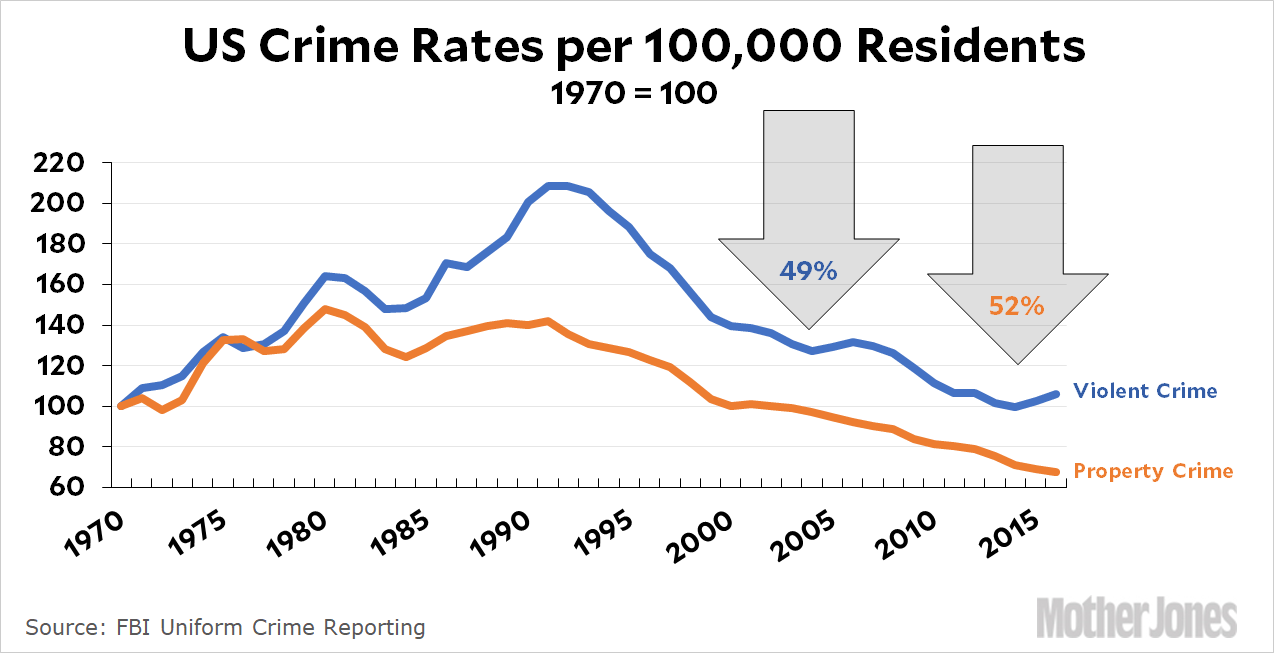After years of delays and a strenuous effort to derail it led by Senator Tom Cotton and abetted by Mitch McConnell, the Senate passed a modest prison and sentencing reform bill appropriately called the First Step Act by a margin of 87-12.
I don’t mean that finally this bill has passed. I mean that finally someone has called it what it is: a modest bit of reform. I’ve been reading headlines for the past couple of days and shaking my head at the number of times I see it described as groundbreaking, historical, a miracle, etc. Even Mother Jones calls it “the biggest federal prison reform in a generation.” But come on. The thing is named the First Step Act. Doesn’t that tell us something?
Now, it’s true that this bill is the biggest federal prison reform in a generation, so technically I have no beef with the MoJo copy desk. But that says less about this new bill and more about the past generation: namely that we did squat about criminal justice reform that entire time. Here is Samantha Michaels’ rundown of what we’re getting:
Among the bill’s biggest impacts is the measure to retroactively reduce a major disparity between crack and powder cocaine sentences, allowing roughly 2,600 prisoners to petition for quicker release, the majority of them people of color. The bill would also curb some mandatory minimum sentences, reducing the federal three-strikes penalty for drug felonies from life in prison to 25 years. And it would give federal judges more discretion to avoid handing down mandatory minimums to people with limited criminal histories, which could help an estimated 2,000 people annually.
In addition to sentencing reform, the bill would encourage some prisoners who participate in rehabilitative programs to spend more of their sentences in halfway houses or home confinement. It would make more elderly and sick inmates eligible for compassionate release, and it would clarify that federal inmates can earn more time off their sentences each year for good behavior. It would ensure prisoners are not held beyond 500 miles from their homes, allowing them to stay closer to their families, and it would prohibit prisons from shackling pregnant inmates.
So it might affect a few thousand prisoners, mostly in fairly modest ways. Which is fine. I’m a pretty firm pragmatist, and if it took forever to get even this bill passed thanks to the idiot hardliners in Congress, then you pass it and take a small victory. Considering that violent crime has been plummeting since 1991 and shows no signs of returning to its old levels, it’s about damn time we responded.

BY THE WAY: People use the old “Only Nixon can go to China” line a lot, but there aren’t really all that many examples of it. However, this is one. It’s pretty much unthinkable that this bill could have passed during an Obama presidency.

















